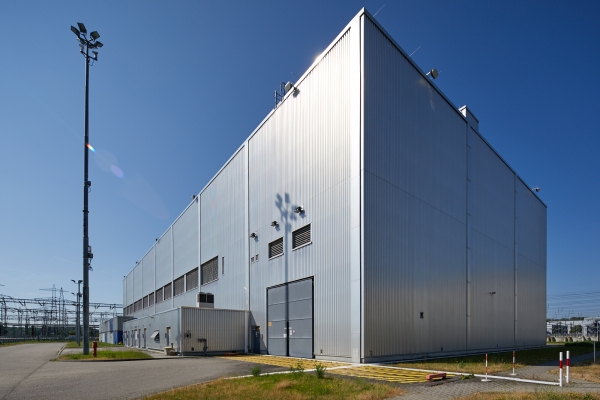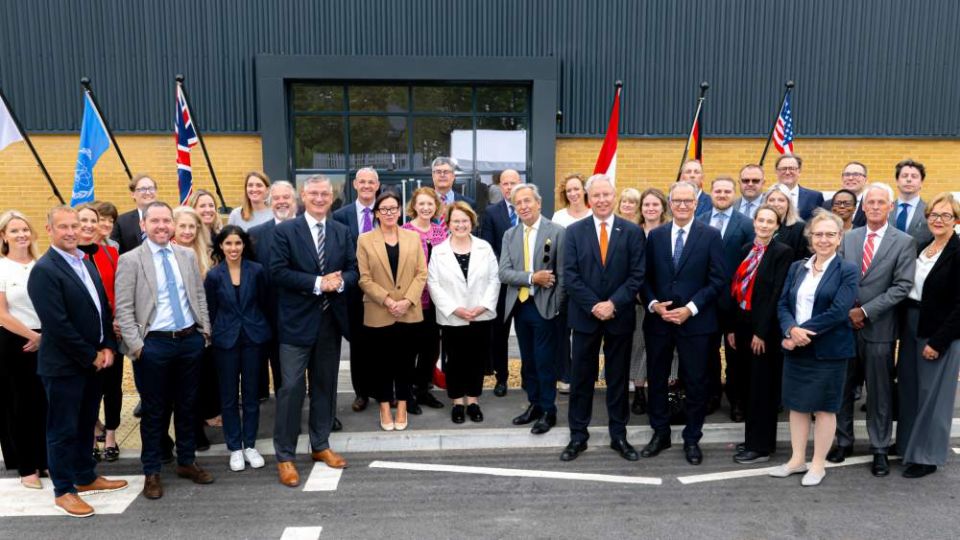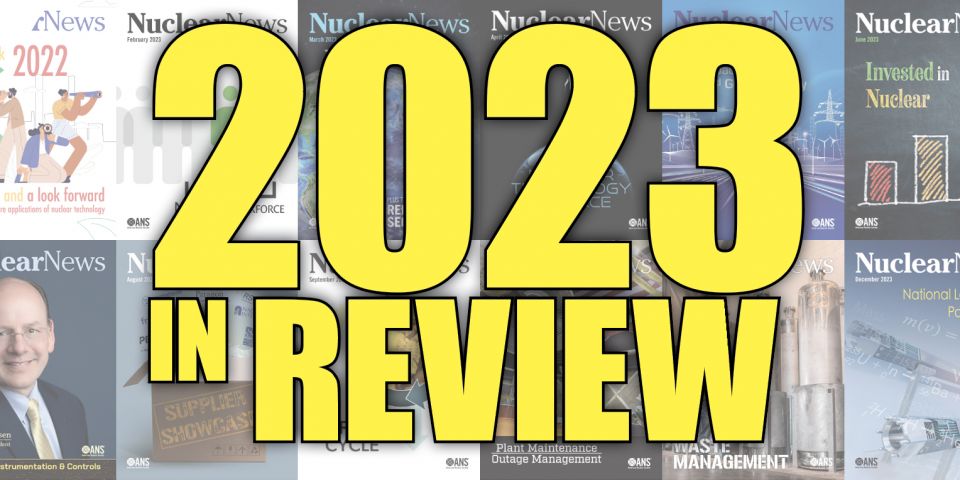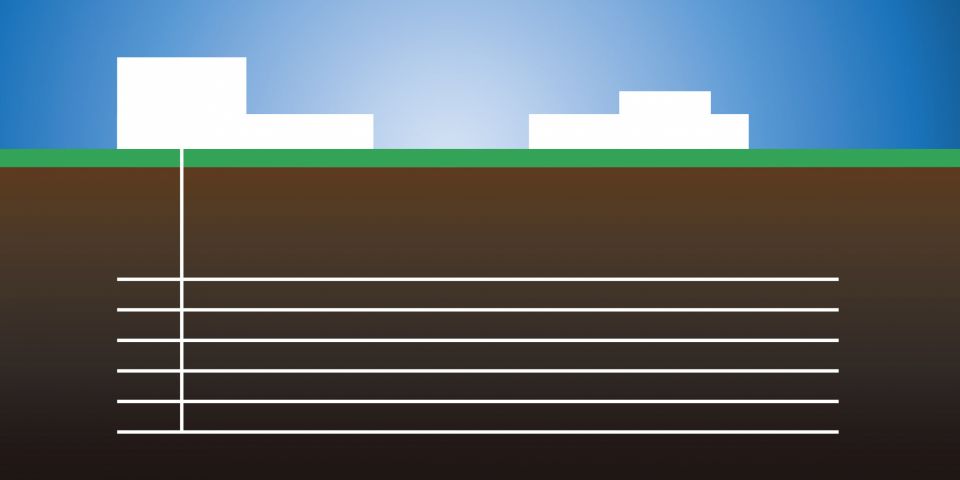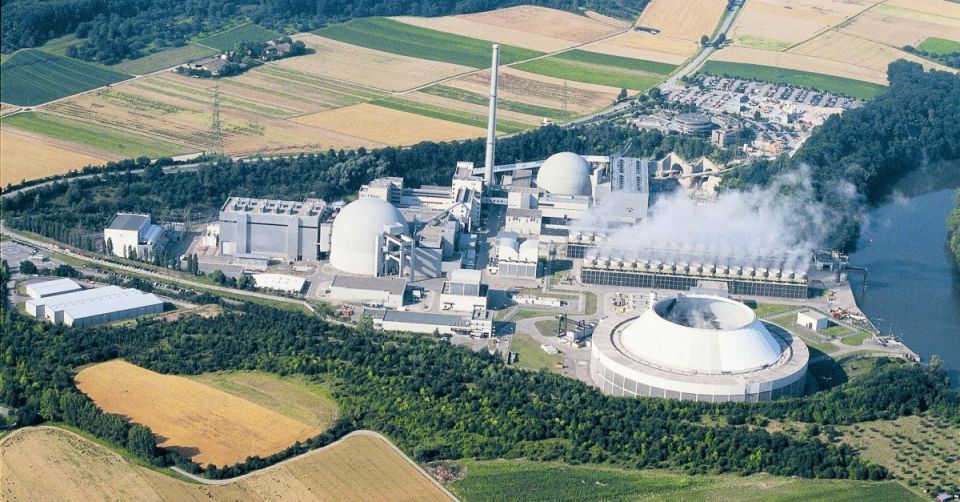Main survey results: The report “Energy Mix in Germany,” available in German on the KAS website, summarizes the survey’s results and ranks the preferences of Germans regarding various energy sources. The first preference among respondents is gas, which one-half of those surveyed found suitable for temporary use. Next was nuclear, which was favored by 44 percent of respondents until renewable sources are able to cover the country’s energy requirements. Only 25 percent favored the use of coal.
The 71 percent figure reported by Bild and other news outlets was derived by combining the responses of Germans in favor of continuing to use nuclear energy more than it is used now, the same as it is used now, or less than it is used now.
According to the KAS report, in addition to the 44 percent in favor of interim continuation of nuclear power, 28 percent of respondents can imagine greater use of nuclear, and 15 percent would like to see its use continue as it is. A further 28 percent of respondents are still somewhat in favor of nuclear energy but would like it to be used less. These results suggest a change of public opinion from the earlier stance, which was one of strong objection to nuclear energy.
Nuclear debate: Germany’s nuclear power debate pits the country’s ruling “traffic light” coalition (made up of the Social Democratic Party, Free Democratic Party, and Green Party) against primarily the opposition Christian Democrat Union (CDU). The traffic light coalition wants to phase out nuclear energy as soon as possible, while the CDU is the biggest political booster of nuclear power.
Germany’s three nuclear plants had been scheduled to shut down at the end 2022 until German chancellor Olaf Scholz ordered the plants to remain operational until this April. That move came in response to concerns about a winter energy shortage caused by cuts in natural gas supplies from Russia.
Further life extension? CDU leaders are seeking to further extend the lives of Germany’s remaining nuclear power plants beyond the present mid-April shut-down date, and they have seized on the KAS survey results to support their argument. Mark Helfrich (CDU), a minister of parliament, said, “The latest KAS study proves impressively that with nuclear energy off the traffic lights, a social minority is forcing its ideological course on the majority.” Another CDU leader, Julia Klöckner, said, “In view of the current energy crisis, it is negligent to shut down CO2-free nuclear energy and instead run more coal-fired power plants. The crisis in particular justifies an extension of the term for the next two years.”
At least one member of the traffic light coalition, Michael Kruse (FDP), appears to have taken notice of the KAS survey results. He said, “The Germans want the nuclear power plants to continue. We should make that possible. The climate will thank us for it."


